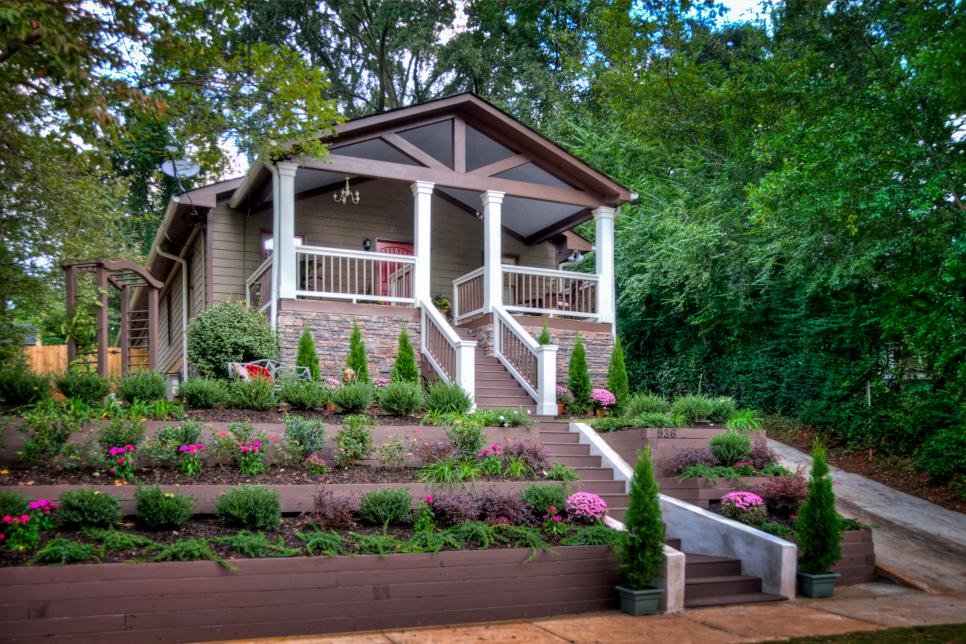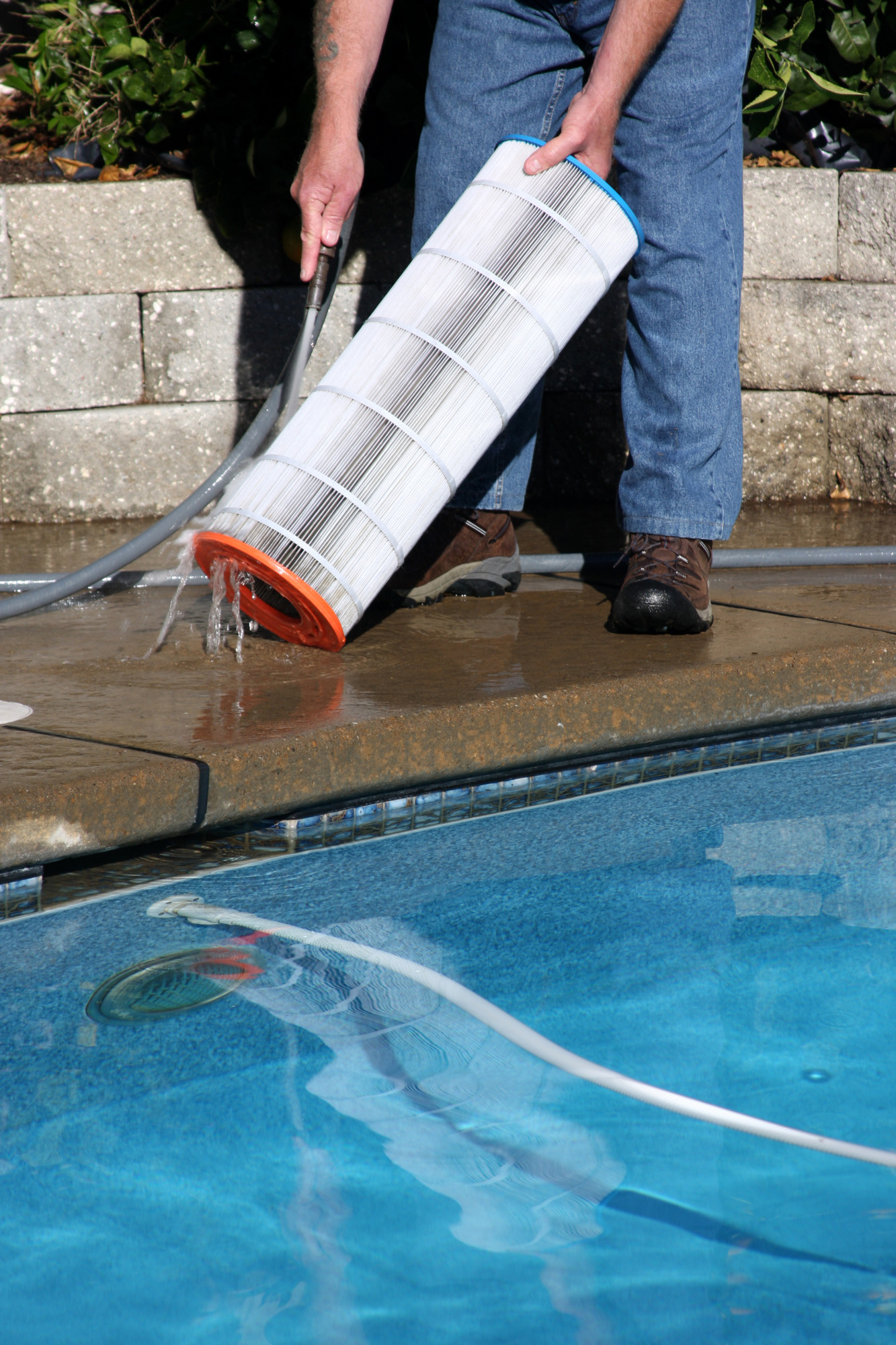
Since 1782, the bald eagle has been the national bird of the United States. The history of eagles in this country is an interesting tale. Bald eagles once numbered well over 100,000 in this country.
Though no longer endangered, the loss of natural habitat has meant that the bird species remains protected under federal law. Read on to learn about the natural history of our national symbol.
Natural History of the Bald Eagle
Female bald eagles live near bodies of water. They build nests on trees, cliffs, and man-made structures.
Body Size
The average adult female bald eagle can weigh up to 14 pounds. Female eagles have a wingspan of up to eight feet. Males weigh up to 10 pounds and have a wingspan of up to six feet.
Color and Habitat
Both sexes have white heads and brown bodies. The species can be found throughout North America.
Migration Patterns
The birds are known to migrate, although eagles that find adequate water and food may occupy a territory for years on end. Some eagles migrate south during winter in search of food.
Reproductive Information
Eagles are capable of reproducing at age four or five. They often return to where they were born to nest. Eagle nests can be as large as eight feet across.
Each clutch typically has one to three eggs. Incubation lasts for 35 days on average, and the nesting period lasts up to four weeks. Eagles mate for life.
Average Lifespan
Eagles can live up to 30 years in the wild. Their diet consists of fish, small mammals, reptiles, and other birds.
Dangers for Eagles
Eagles often nest on hunting grounds, which has made them vulnerable to poaching. Loss of habitat and poisonings from DDT applications are ongoing threats to this vulnerable species.
History of the Eagle as an American Symbol
Have you seen a bronze eagle statue and wondered how the eagle became our national symbol? In mid-1782, the founding fathers were at work drafting our national seal. Ten years earlier, three founding fathers had failed to convince Congress to adopt one proposal, so the task was given to a committee.
The idea of using the eagle wasn’t all that original. The bird has long been a sign of strength and nobility. The ancient Romans, for example, made the bird a symbol of their empire.
The secretary of congress at the time suggested that the draft model (a white eagle) be replaced with the bald eagle.
Despite criticism from none other than Benjamin Franklin, the bald eagle made the final cut as the centerpiece of our nation’s seal.
Keep Up with the History of Eagles and More
The history of eagles in this country has defined how Americans view themselves. The noble eagle has been a source of inspiration for nearly 250 years. The prominence of the eagle in American history may well have saved the bird from near or total extinction.
Looking for a little inspiration? Our website is a labor of love where we offer original home/décor tips, DIY ideas, design suggestions, and much more.






